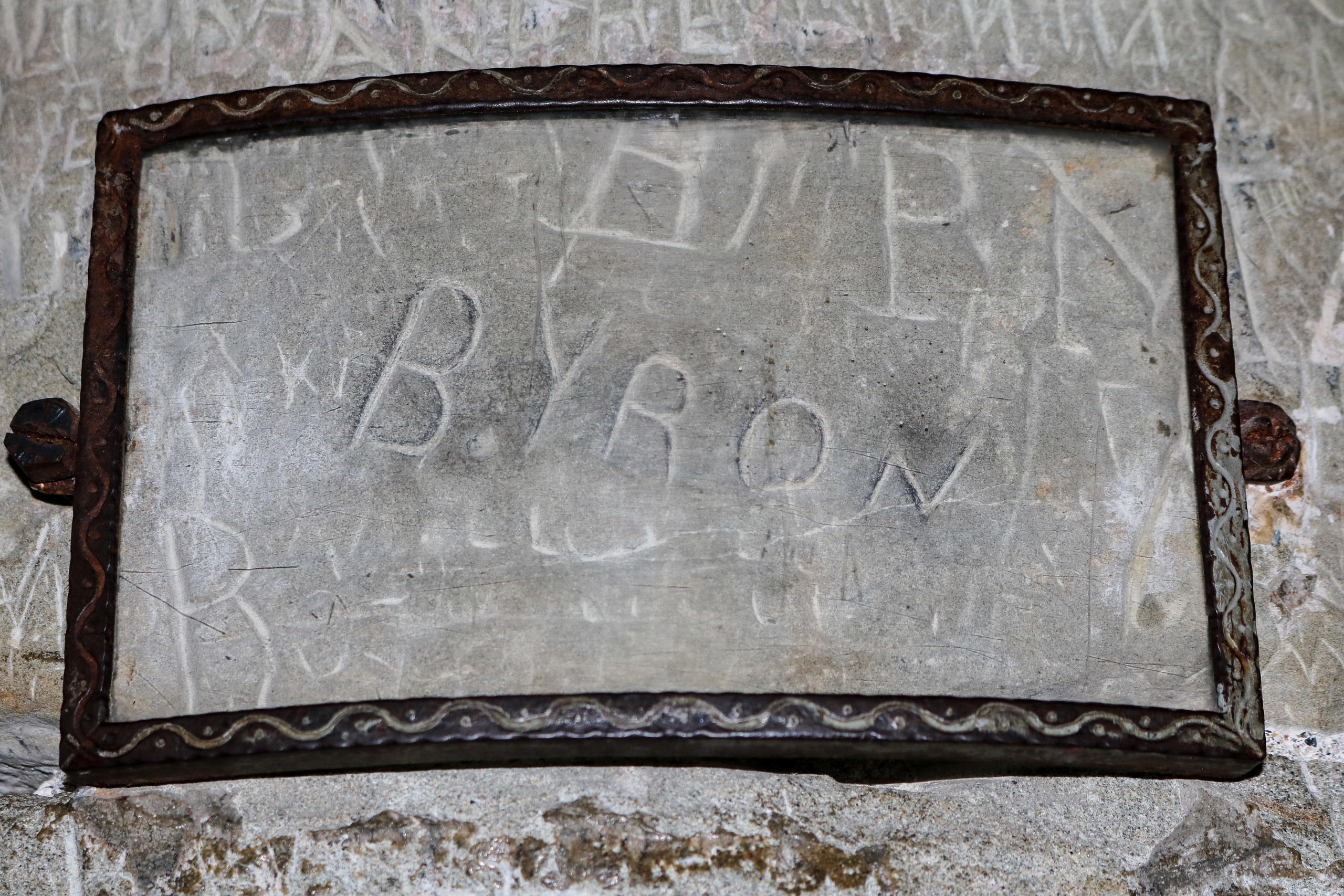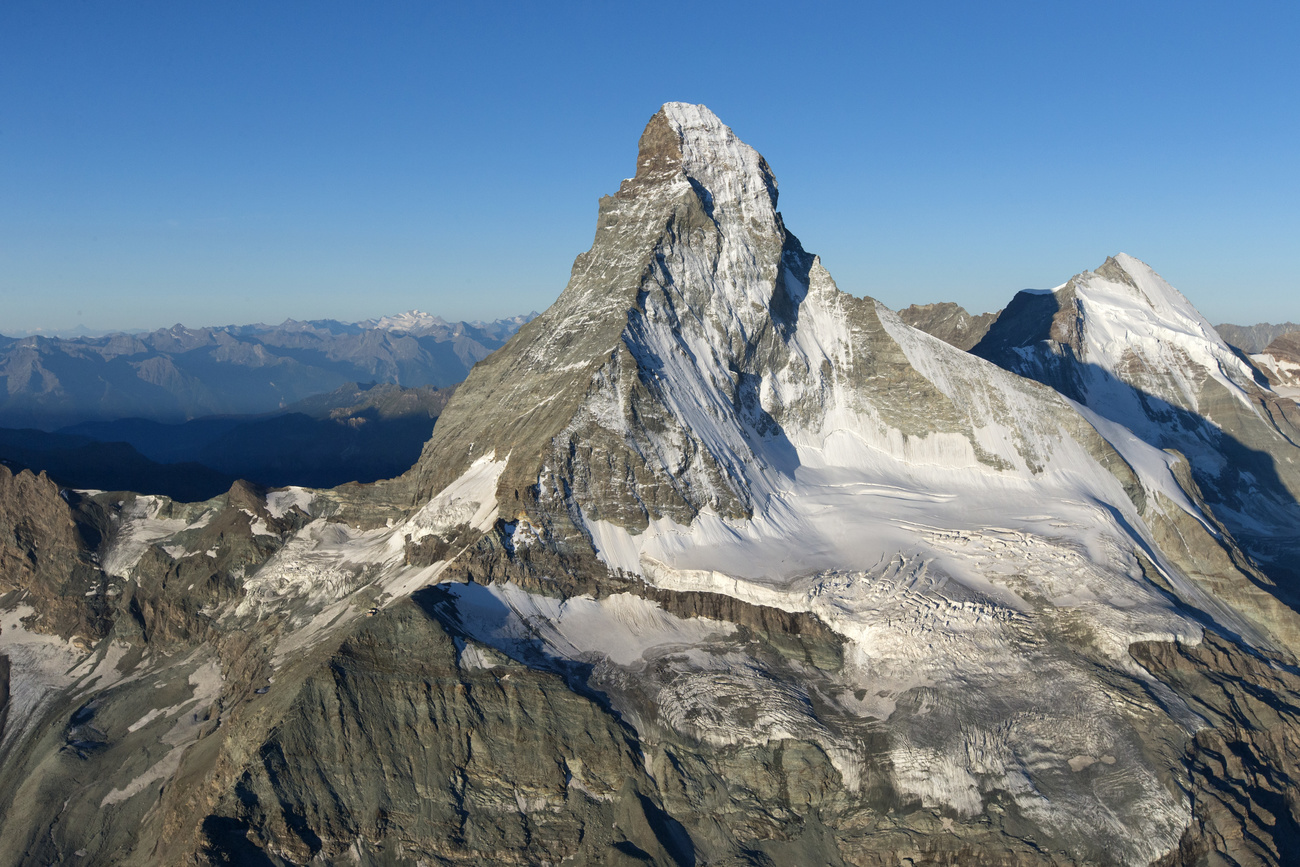When an alpine lockdown is inspiring
I’d like to come clean about my relationship with the Alps. I never think “what fun!” when faced with a mountain I’ve decided to hike or cycle up, either slow footing my way to the top or searching for a lower gear that doesn’t and probably never will exist.
I summon the willpower by doing the math. When walking, overcoming a thousand metres in altitude will roughly require two hours up a path with an average gradient of 18% while maintaining a cadence of 100 steps per minute. Those were my numbers recently while climbing Pizzo Leone – a peak in southern Switzerland that forms part of a ridge separating Lago Maggiore to the east from the Centovalli (valley of the hundred valleys) to the west.
Not that I’m counting – my smartwatch silently performs the task for me, although I do catch myself from time to time checking the heart rate reading on my wrist, worrying that my vital organ could burst as the beats-per-minute count jump above 150.
There is a point though when my pace becomes fluid and I find a rhythm – no longer forcing each upward step, adapting naturally to the terrain. It’s then that the movements are more poetic than mathematical. They can inspire minor articles like this one by yours truly – a hack journalist, or major works by truly great artists.
Lord Byron is an excellent, early example. In September 1816, he set out to explore the Swiss Alps, and although his climb to the foot of the Jungfrau must have been arduous, he was so impressed by the glaciated heights that he was moved to pen the dramatic poem, Manfred. If you’d like to know more, I recommend reading my colleague Simon Bradley’s excellent article on George Gordon Byron’s time in Switzerland.

More
Following in Lord Byron’s Swiss footsteps
Around the same time Byron was writing Manfred, Beethoven was composing the “Hammerklavier” Piano Sonata. Swiss pianist Andreas Haefliger has been performing the monumental solo piece for about 30 years now. This spring and early summer the pianist spent an extended period of time in the mountains of Uri in central Switzerland due to the first lockdown. It inspired him to make a film connecting the Alps to Beethoven’s work, “Uri inspiriert, Beethoven triumphiertExternal link” (Uri inspires, Beethoven triumphs).
While I was hiking and biking in southern Switzerland, Andreas’ wife, flautist Marina Piccinini, reached out to inform me how the film came about:
“On March 5, I came up to Uri to spend a total of three days with Andreas before setting off to NYC on a two-month tour. Likewise, Andreas was to travel to London for a big Beethoven celebration at the Royal Festival Hall and then on to other concerts, so we wanted to have a chance to meet up. By March 8, our flights and concerts were canceled, and we were in lockdown in the Alps until June 15th. We bought an electric keyboard so Andreas could practice, (I had my flutes with me). We came to know the area intimately, taking daily walks. And we started to produce videos as live concerts turned to streaming.”
The film shows Andreas’ dazzling performance of the sonata on the stage of the main theatre in Uri, interspersed with conversations with the pianist.
“In the case of Beethoven his love of nature is obvious. I wanted to illustrate how, in Beethoven’s words, art and science can bring us closer to the divine,” Andreas explains. “Yearning to feel the influence of nature on our art, we as artists can understand the creativity of the divine.”
There’s even an unexpected and wonderful scene in the second half of the film where Andreas is joined on a mountain walk by neighbour, extreme alpinist, Dani Arnold. Arnold is best known for speed climbing some of the most challenging faces in the Alps.
The men’s chosen professions couldn’t be more disparate, yet they find common ground in their discussion.
When standing at the foot of a sheer 1,000-metre-high mountain wall, Arnold says he sometimes doubts whether he’s up to the challenge. The pianist can relate, remembering first seeing the Hammerklavier score as a 22-year-old, and thinking it would be impossible to ever play the 18-page fugue found at the end.
Another theme of the film is the idea of constant change. That brought to mind the off-road bike routes we followed in southern Switzerland. The loose rocks and tree roots scattered along the single trails make navigation a test of skill and perseverance at the best of times, but even more of a challenge in autumn when they’re hidden by a thick layer of fallen leaves.
It also made me recall a discussion I had recently with colleague Luigi Jorio about his plans to highlight the important work of PERMOS, the network in Switzerland that monitors permafrost. The article Luigi wrote details how as the climate warms, the permanently frozen ground thaws, releasing trapped carbon and microorganisms with potentially disastrous consequences.
Don’t miss Luigi’s article if you’d like to get a sense of the global implications of permafrost loss as well as the real impact it’s already having on infrastructure in the Swiss Alps.

More
Loss of permafrost – a global cause for concern
The theme of constant change also reminded me of this passage from an article Scott Haas’ penned for us a few months back about the time he spends at his alpine home: “The best time to view our mountains is…any time. Waking up to a day of snow falling, the fog obscuring them, and then clearing until they emerge, as if to say: We have always been here, we will be here centuries after you are gone.” Scott is the author of the just-published book, “Why be happy? The Japanese Way of Acceptance”.
If you have a question about life in the Alps or a story you’d like me to cover, do get in touch: dale.bechtel@swissinfo.ch

In compliance with the JTI standards
More: SWI swissinfo.ch certified by the Journalism Trust Initiative

You can find an overview of ongoing debates with our journalists here. Please join us!
If you want to start a conversation about a topic raised in this article or want to report factual errors, email us at english@swissinfo.ch.